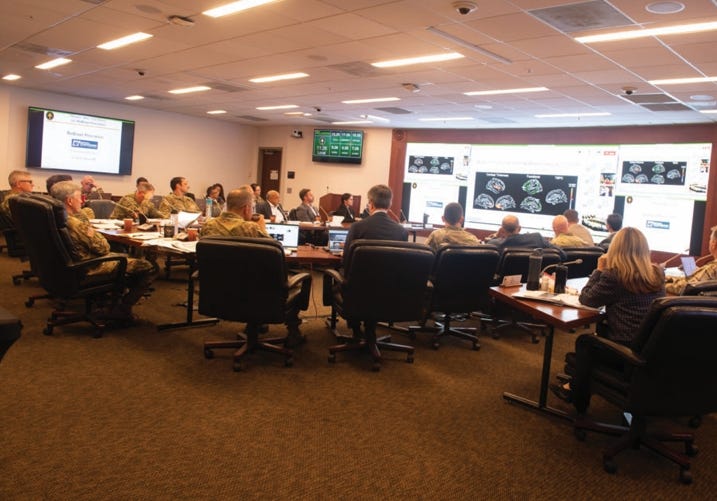
Blast overpressure (or BOP) has been an issue that doctors now know can cause serious damage to service members who work around explosives. When detonated, explosives release a blast wave which goes right through the human body, the tissue expanding and contracting on a microscopic level and can cause what is now known as Traumatic Brain Injury (TBI).
In July, Special Operations Command (SOCOM) held a 1st SOF Truth event. The SOF truths are basic tenets of Special Operations, and the first is that humans are more important than hardware. The event brought together senior SOF leaders and medical professionals to discuss blast overpressure.
"We knew that exposure to blast overpressure was not good," explained Colby Jenkins who is currently performing the duties of the Assistant Secretary of Defense for Special Operations and Low Intensity Conflict (ASD-SOLIC). "And now, the science has caught up to show us just how bad it can be for our operators. Injuries can be hidden. Symptoms may not appear right away. But…the long-term, cumulative effects can be debilitating."
During the event, experts spoke about several new initiatives including specialized software that will allow soldiers to track blast over pressure events, and a new longitudinal study designed to establish protocols for early detection of blast overpressure injuries.
"We’re here to share information to the force," said General Bryan Fenton who serves as the SOCOM commander. "We need to flip the chain of command upside down. This information needs to get to the lowest level."
